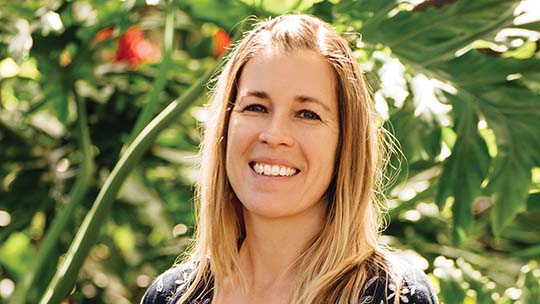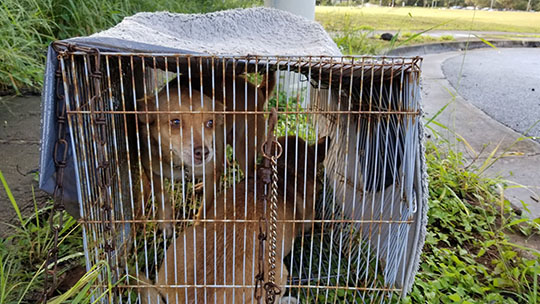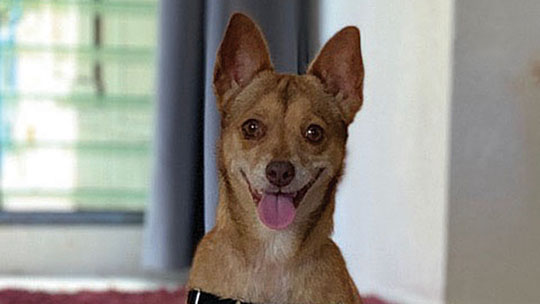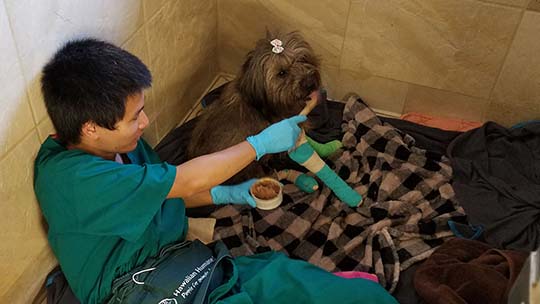Something’s wrong. You’re not sure what, exactly. You’ve been working hard at your dream job. After a long day, you find yourself picking fights with your partner and falling asleep before the sun sets. You’re up before dawn checking email but somehow, you’re still late for your morning meeting. You took this job because you wanted to help others, but you can’t seem to focus or empathize.
This is compassion fatigue.
People in professions like nursing or social work usually choose their jobs because they want to help others. Many have experienced the trauma they’re treating. What they don’t realize is the toll continual giving and sustained exposure to trauma can take.
Compassion fatigue is a form of burnout that results from extreme chronic stress. It manifests as mental, physical, and spiritual exhaustion. Without help, it’s hard to reverse. But professional givers can prevent it with proactive support.
It’s easy to imagine how nurses and social workers can burn out on giving. But what about animal welfare workers? Leaders at Hawaiian Humane Society have taken a proactive approach to preventing compassion fatigue in employees who face the difficult reality of animal abuse and neglect daily.
More than puppies and kittens
You probably know Hawaiian Humane as Oahu’s largest animal shelter. If you visit, you’ll be greeted with lots of smiling furry faces and a few excited barks. But if you talk to someone who works there, they’ll tell you there’s much more to their work, from improving animal welfare legislation to responding to animal emergencies to helping pet owners in need.

Anna Neubauer, president and CEO at Hawaiian Humane Society.
“As much as we would love to say it’s all about puppies and kittens, it’s not,” says Anna Neubauer, president and CEO. Neubauer joined Hawaiian Humane in 2019, but she’s been working with animals since she first cleaned kennels at a veterinary hospital at age 14. It’s been her calling ever since.
Running an animal welfare nonprofit means that while puppy breaks are abundant, so are the difficult realities of animal hoarding, cruelty, and neglect. Neubauer knows that over time these experiences weigh on the employees exposed to them.
“Compassion fatigue can impact us emotionally and be devastating and, in some cases, can lead people to need professional help,” says Neubauer. “If there are some early interventions that we can do to help support our team members, hopefully we can prevent that from happening.”

Bonita was rescued from the side of the road, where her and another dog were left in a rusted bird cage. They were abandoned in the hot sun with no food or water.

Bonita made a full recovery after medical treatement and found a loving home.
Support pack
Here’s a question you may not expect at your next job interview: What do you do for self-care? But at Hawaiian Humane, preventing compassion fatigue starts before employees are even hired. Self-care practices like getting plenty of sleep, exercising, and spending time off doing whatever brings you joy are the first line of defense against burnout.
Hawaiian Humane does something important that many service organizations overlook. They don’t just promote self-care, they dedicate work hours and budget to it.
When employees start, they cross-train with other departments so they know their colleagues and the work they do. Communication is open and transparent. Managers meet with employees regularly, looking for signs of distress like chronic lateness, detachment, or sudden mood changes.
There are self-care discussions at team and all-staff meetings. They also offer acupuncture, chiropractic care, and massage benefits as part of their employee health plan.

Hawaiian Humane employees provide animals with nourishment, enrichment, and companionship.
“We can’t do better for the animals until we do better for ourselves,” says Daniel Roselle, director of community relations. It’s something he hasn’t always been great at. Roselle admits his work-life balance was lacking in the past, but he’s seen the benefit of changes he’s made since he joined Hawaiian Humane.
Roselle says it’s essential to extend comprehensive training to all employees and not just front-line staff like humane officers and vets. Last year, Hawaiian Humane invited a series of speakers to talk with employees about compassion fatigue and other difficult topics like how to create a fear-free shelter environment and an honest discussion of euthanasia.
As for Neubauer, her goal is creating a safe and healthy environment where Oahu’s animals in need get dedicated care from employees who are flourishing. “I want people to be excited, comfortable, and feel safe coming to work,” says Neubauer. “Building that culture of compassion and support is what we’ve been focusing on.
Learn more about self-care and how to start your own practice.
Photos courtesy of Hawaiian Humane Society
.jpg)

.jpg)

